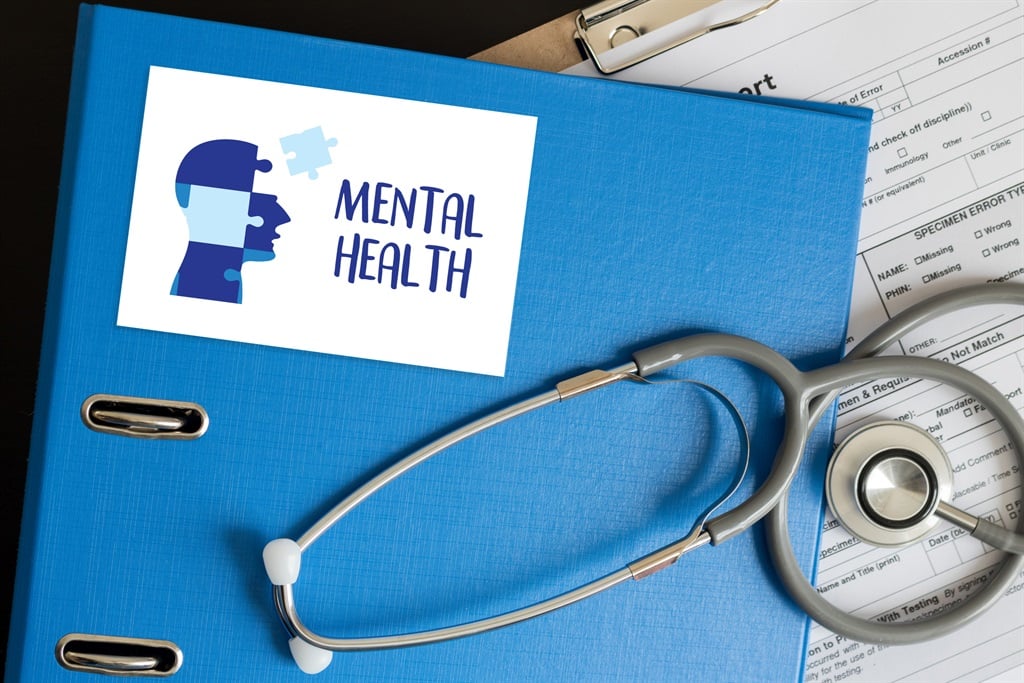
On July 4, a television crew conducted interviews with two individuals through the fence of a Durban and Coastal Mental Health facility in the Durban suburb of Sherwood. The footage was broadcast, though the newsclip is no longer available online.
What might have seemed a legitimate journalistic enterprise at a facility that has been in the news lately on the grounds of umpteen – strongly contested – allegations was, in fact, a grave misjudgment that focuses critical light on the rights of people with mental disabilities.
The two interview subjects were mental health care users, who did not realise they were being interviewed by journalists or that what they said would be televised. This was an unquestionable violation of the rights of these individuals, who were exploited and placed in a position in which they compromised the place where they lived and socialised without intending to or appreciating the risks of doing so.
This incident raises testing questions about how we balance the rights of mental health care users to freedom of expression without compromising their right to be protected from exploitation. What are the boundaries within which journalists can operate? Who decides? What is consent and how does it operate?
In our post-1994 constitutional democracy, a human rights approach has been adopted in many spheres, including with regard to mental health care users.
The White Paper on the Rights of People with Disabilities states: “A human rights approach seeks to develop people’s capacity to demand accountability in two ways: firstly by defining a minimum scope of legitimate claims (human rights) and secondly by strengthening the accountability mechanisms and processes to protect those claims.”
This encapsulates several key concepts. First is the issue of developing capacity. This is important, given that mental health care users have long been regarded as “incapacitated”, and it denotes both empowerment and autonomy, two things mental health care users are often denied.
It then raises the question of how this must be done, by identifying the rudimentary spectrum of human rights. What does this entail? South African law characteristically takes deliberate steps to augment and expedite the realisation of the rights of disadvantaged groups (for instance through black economic empowerment).
This suggests providing additional support to mental health care users in community-based care (who have been historically unduly underprivileged).
This means that a right such as the right to freedom of expression should be somehow augmented through extra steps. While this is naturally not to say that mental health care users should have “more” rights than anyone else, it does suggest that the content of these rights is different and that special measures should be taken to realise this right – or, as the excerpt from the white paper says, “defining the minimum scope.”
This could include, for example, making sure that freedom of expression takes place in a safe environment, or that a patient be evaluated before providing journalists with information. Or that there should be reasonable limitations surrounding freedom of expression to prevent exploitation.
But who sets these parameters? Should there be clearly defined standards to which journalists adhere?
The second component of the excerpt from the white paper deals with accountability. Who should be held responsible in the event that the right to freedom of expression is violated? Conversely, in the event that mental health care users are exploited, who is liable – the residential or daycare facility for failure to define parameters of the exchange or the journalists who failed to adhere to express or tacit ethical imperatives?
Unfortunately, the answers are not clear cut. A human rights approach is ideal, but leaves much open to interpretation because it is ultimately a subjective determination as to what a person is entitled to and the content and nature of that entitlement.
The keystone concept, as expressed in the white paper, is the right to human dignity, and this is where many of the answers can be found. This right denotes esteem and self-worth. It is an integral component of any democratic dispensation and is one of the sources from which other rights flow.
Some of the questions to determine whether this right has been realised include:
• Does the esteem of the person concerned remain intact after the interview?
• Could the interview cause pain and humiliation to the individual?
• Could the interview compromise the mental health care user in some way – perhaps in the form of recriminations from the place where they live, work or spend their day?
If the answer is ‘no’, the right to dignity can be said to be upheld.
The same is true if the answer to the following questions is ‘yes’:
• Is the mental health care user made to feel comfortable in the interview?
• Does the interview serve a legitimate purpose?
• Is the mental health care user protected by those around him or her, but in such a way that his or her voice is not stifled?
While interpretation will remain subjective, the application of a right makes it less so.
The predominating conflict in this scenario is the vulnerability and susceptibility to abuse of mental health care users. It could be argued that since such individuals have been placed in residential or daycare because they lack the capacity to cope in an environment without the support given in such a setting, the validity of consent given by such individuals is questionable.
It could also be argued that the validity of the utterances they make can be called into question. While a slightly protectionist approach, this line of thinking is not without its merits; after all, it is the responsibility of the healthcare system and the state to uphold the rights of mental health care users to dignity and to privacy.
A person who is experiencing psychosis, for example, may not understand what they are consenting to or may make irrational statements that lead to loss of dignity when the piece is published or broadcast.
To simply allow this would be remiss on the part both of the facility and of the journalist. Altered mental status skews perspectives and leads people to do things they ordinarily would not do. This could lead to deep-seated shame and regret on the part of the mental health care user; something that has to be avoided.
But should incapacity be assumed?
Sane Media Centre makes the observation that “informed consent” must be the same at the time of consent as it would be the following day, or week, or any other time. If a person is in a state of distress, it is important to time the interview correctly.
It is important to prepare the interviewee by stating the purpose of the interview, where the information is going to be published or broadcast, to possibly facilitate the presence of someone the interviewee trusts at the interview, to provide the interviewee with questions in advance so that they might prepare for the interview, to discuss whether identifying information of any kind can be used by the interviewee, to be clear on what the story is about, to allow the interviewee to have sight of the story before it is published, and to allow the interviewee to double-check what they have said and see if they agree with it.
Importantly, the journalist is not best placed to make such a judgment. The facility knows and understands the abilities and thinking of the mental health care user as they are familiar with the person concerned.
The family of the mental health care user, if any, should also know whether the individual is in a frame of mind to consent to an interview or not.
Consent should thus be obtained from multiple fronts.
Journalists also have a responsibility to focus on positive reporting. Too often, the media portrays people with mental illness and intellectual disability as being capricious, unstable and untrustworthy. This perpetuates stigma against them and leads to discrimination. In exercising their freedom, it is important that the media avoid defaming or bringing shame on mental health care users.
This will preserve rights such as dignity, privacy and equality.
Even if the journalistic task is to probe claims of wrongdoing or abuse at a facility, care must be taken to avoid reflecting poorly on mental health care users. Failure to do so amounts to a violation of the rights of some among society’s most vulnerable.
The South African Federation for Mental Health has developed a media guide for responsible reporting on mental health which details briefly the relationship between the media and persons with mental disorders or disabilities. It highlights the need to enable people so situated to work with the media, to ensure that terminology used to describe them is correct and respectful, to involve mental health care users in their stories and also to discuss positive aspects.
It is clear there are few concrete answers to this challenging terrain. Each person is unique, with unique needs and a unique frame of mind. But the lesson from the ill-considered interview with the mental health care users from Durban and Coastal Mental Health’s facility demonstrated that no effort was made to obtain consent, and that this only increased the vulnerability of already vulnerable individuals.
Such journalistic misjudgments place innocent people at risk and cannot be deemed acceptable in an open and democratic society committed to upholding the rights of all.
• Breen is the project leader for information and awareness at the South African Federation for Mental Health




 Publications
Publications
 Partners
Partners









